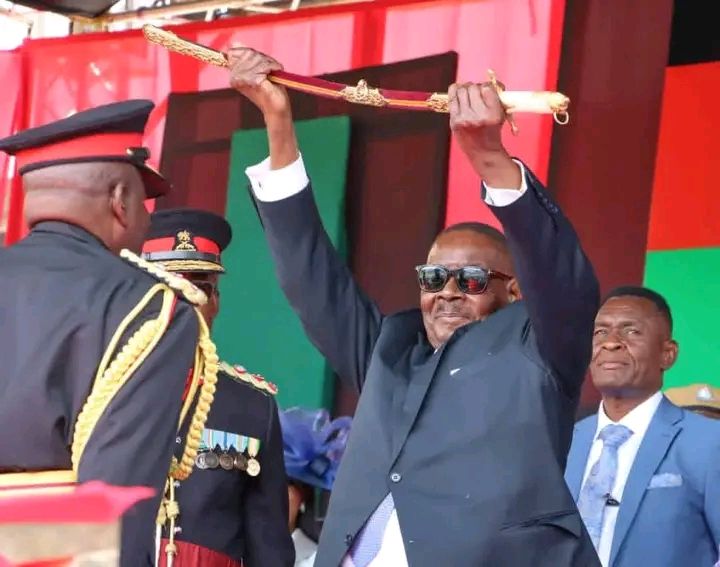By Chisomo Phiri
The National Anti-Corruption Alliance (NACA) has called on president Peter Mutharika to uphold integrity and transparency in his cabinet and senior government appointments, warning that including individuals facing corruption allegations would undermine public trust and the credibility of his new administration.
In a statement signed by NACA Chairperson Michael Kaiyatsa, the alliance says the first major test of the president’s leadership will be reflected in the individuals he appoints to key government positions.
NACA further appeals to the president to avoid appointing anyone with pending corruption cases to the cabinet or other senior posts, emphasizing that such individuals should first clear their names in court before being considered for public office.
According to the alliance, taking this approach would demonstrate a strong commitment to justice and accountability while marking a clear departure from the past culture of impunity that has eroded citizens’ confidence in government institutions.

NACA has also called for urgent reforms to strengthen key oversight bodies that have weakened or become compromised in recent years, including the Anti-Corruption Bureau (ACB), the Office of the Director of Public Prosecutions (DPP), the Financial Intelligence Authority (FIA), the Office of the Director of Public Declarations of Assets, and the Office of the Auditor General.
Currently, the public is waiting on when Mutharika will announce his first cabinet and make appointments to other critical positions.
On September 24, 2025, Malawi Electoral Commission (MEC) Chairperson Justice Annabel Mtalimanja declared Mutharika as the winner of the presidential election held on September 16, 2025.
He amassed 3,035,249 votes against 1,765,170 for Malawi Congress Party (MCP ) leader Dr.Lazarus Chakwera, securing 56.8 percent of the vote and crossing the 50-percent-plus-one threshold required for an outright win.






